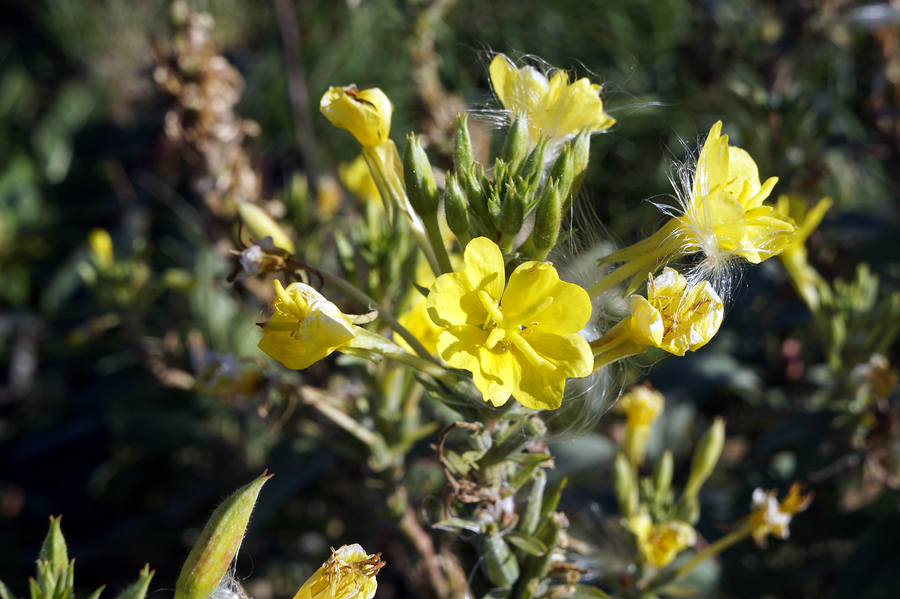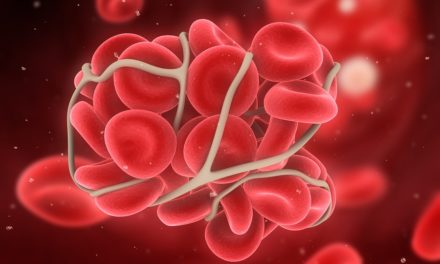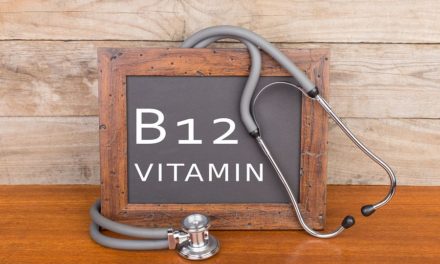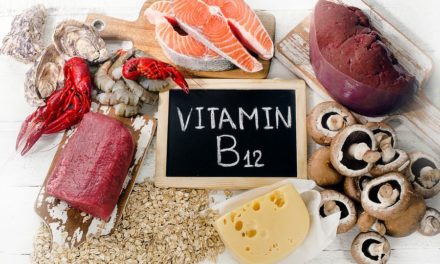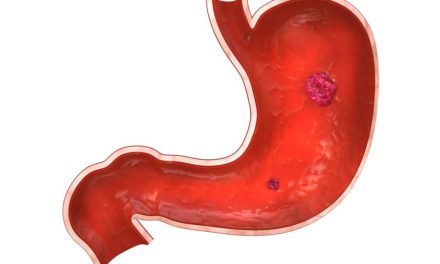The Evening Primrose, or Oenothera biennis, is a wildflower found in North America and Europe. It is so-called because its flowers open during the evening. In Germany it is known as the “night candle”. The seeds are the source of oil that essential fatty acids. Evening primrose oil contains linoleic acid and gamma-linolenic acid. These essential oils play a role in the production of prostaglandins. Prostaglandins are hormone-like substances that are involved with inflammation. They are precursors to prostaglandin E1, an anti-inflammatory prostaglandin.
The role of essential fatty acids in premenstrual syndrome (PMS) has been the subject of scientific studies. The connection between essential fatty acid levels in the blood and PMS symptoms appears in the Journal of Nutritional Medicine (1991;2:259-64) and in the American Journal of Obsterics and Gynecology (1984;150:363-6). Women with PMS tend to have very low levels of linoleic acid and gamma-linolenic acid and these levels tend to be corrected with evening primrose oil supplementation.
An article appearing in the Journal of the American Pharmaceutical Association (40(2):234-242, 2000), cites several studies involving women suffering from PMS and evening primrose oil supplementation. Studies that were not double-blind, placebo controlled, found patients reported improvement in PMS symptoms. In double-blind, placebo controlled studies the results were not as encouraging, although the evening primrose oil did seem to help patients suffering from cyclical breast pain. The author, Mary Hardy, MD, concluded that although study results were mixed, evening primrose oil is safe and it is reasonable to try in patients with PMS. Evening primrose oil supplementation shows the most promise for patients suffering from cyclical breast tenderness.
Of course, medical studies focus on single constituents. This approach works well for drugs, but natural health care works from a different model. Rather than looking to evening primrose oil as a substitute for a drug to treat PMS or breast pain, a natural health practitioner will take a broader view of the problem. Since research does show a connection between essential fatty acid levels and PMS symptoms, someone who works with nutrition and natural health may recommend essential fatty acid supplementation (either evening primrose oil or other source of essential fatty acids), but he or she will not stop there. Avoiding foods, like hydrogenated oils (sources of trans fats), refined sugar and other substances that interfere with fatty acid metabolism may be part of the treatment. Other nutrients, like vitamin B6 or magnesium, that help with essential fatty acid metabolism and the formation of anti-inflammatory prostaglandins may also be recommended. Exercise, adequate water consumption, chiropractic adjustments and other lifestyle changes can also help. Natural health care is about balancing all aspects of health and works by fixing the body’s infrastructure and not merely by addressing symptoms.
Evening Primrose Oil
